Pete Tiernan
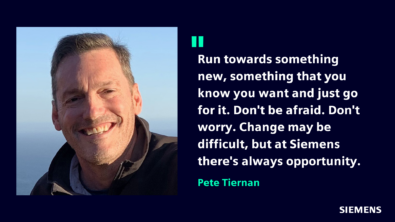
Michigan native Pete Tiernan has a passion for writing that has guided him throughout his career at Siemens and otherwise. From loving literature and starting out pondering life as a professor, to pursuing a multi-year hobby contributing to ESPN and prognosticating on NCAA basketball tournament brackets while leading a global Siemens marketing and comms team, to now working in a senior business development role in software for industrial-scale additive manufacturing, Pete’s storytelling chops have shined in myriad formats, including of late the one closest to his heart. With three books published in recent years and a fourth in the works, he continues to bring new multigenerational stories to the page even as he lives out his favorite role yet ─ being a grandfather. (Read to the end for an excerpt from his 2021 book, “Boiler Beach.”) Here he talks about spending more than 20 years around software at Siemens, his career transition from corporate communications to a significant biz dev role, and his personal passions beyond writing. Let’s just say you better prep if you ever get invited to his annual Academy Awards watch party.
Can you tell me about your career path and how you got started in all this?
I went to the University of Michigan, got my bachelor’s degree in English, and then was admitted into the Ph.D. program. My thought was to become a professor. In the meantime, I got married when I was 21 and had my son, John.
I was Ph.D.-bound, having a family, and at that time in the early 1980s, there was a recession and weren’t a lot of jobs for professors. So, I ended up taking a leave of absence. Technically, I’m still on a leave of absence from the Ph.D. program in Michigan, so I feel like I ought to come back and say I’m refreshed after 43 years and I’m ready to continue! I decided to get into technical writing because there was money in it. I started in 1987 with a company named Applicon that was bought by UGS (Unigraphics). A number of people who are still at DI SW came from Applicon, including Brenda Discher, Dave Taylor, Dave Lambke, Jon Heidorn, Val Dyer and others. Technical writing was a good way to understand technology, but I’d always wanted to be in marketing, advertising and speech writing. I transitioned from technical writing then bounced around in ad agencies and some startup companies that Siemens eventually purchased, like Imageware and Transom. If you’ve seen the Jack digital humans populated in some of our software (PDF), I was the first marketing guy for that company way back when.
Eventually, I left and kind of got out of this industry altogether. Then I got hired back in 2003 by Al Hufstetler, who still works for the company. I worked in what used to be the E-factory group, which is now essentially Tecnomatix. While I was working in Tecnomatix, I got put on a team to develop a new ad campaign. They must have liked what I did because eventually, I was asked to run advertising and marketing communications.
Talk about your career transition from communications to additive manufacturing.
I was doing a lot of executive communications and also had responsibility for marketing comms, internal comms, the multimedia team…a bunch of groups were reporting to me. Sometimes work/life balance takes precedent over what you love to do in your career. So, I started looking to get back into technology, in part to have things be a little saner in my work life. In 2018 I wound up moving to the additive manufacturing team under Aaron Frankel. It’s been great. Often, we are tip-of-the-spear in terms of trying to solve some big challenges the company faces. Additive manufacturing is a true digital thread, incorporating solutions from NX, Simcenter, Tecnomatix, Opcenter and Teamcenter. Putting all those solutions together isn’t just a technical challenge; it’s a cultural one. How do you work with separate product groups to deliver something greater than the sum of the parts?
Do you have any advice for people looking to pivot in their careers?
One of the great things about Siemens is there are always opportunities out there. I would just tell people that if you think you want to make a change, that’s a sign that you probably should be making a change, as long as you’re not trying to run away from something. I think that’s the best way to do it. Run towards something new, something that you know you want and just go for it. Don’t be afraid. Don’t worry. Change may be difficult, but at Siemens you know there’s always opportunity there.
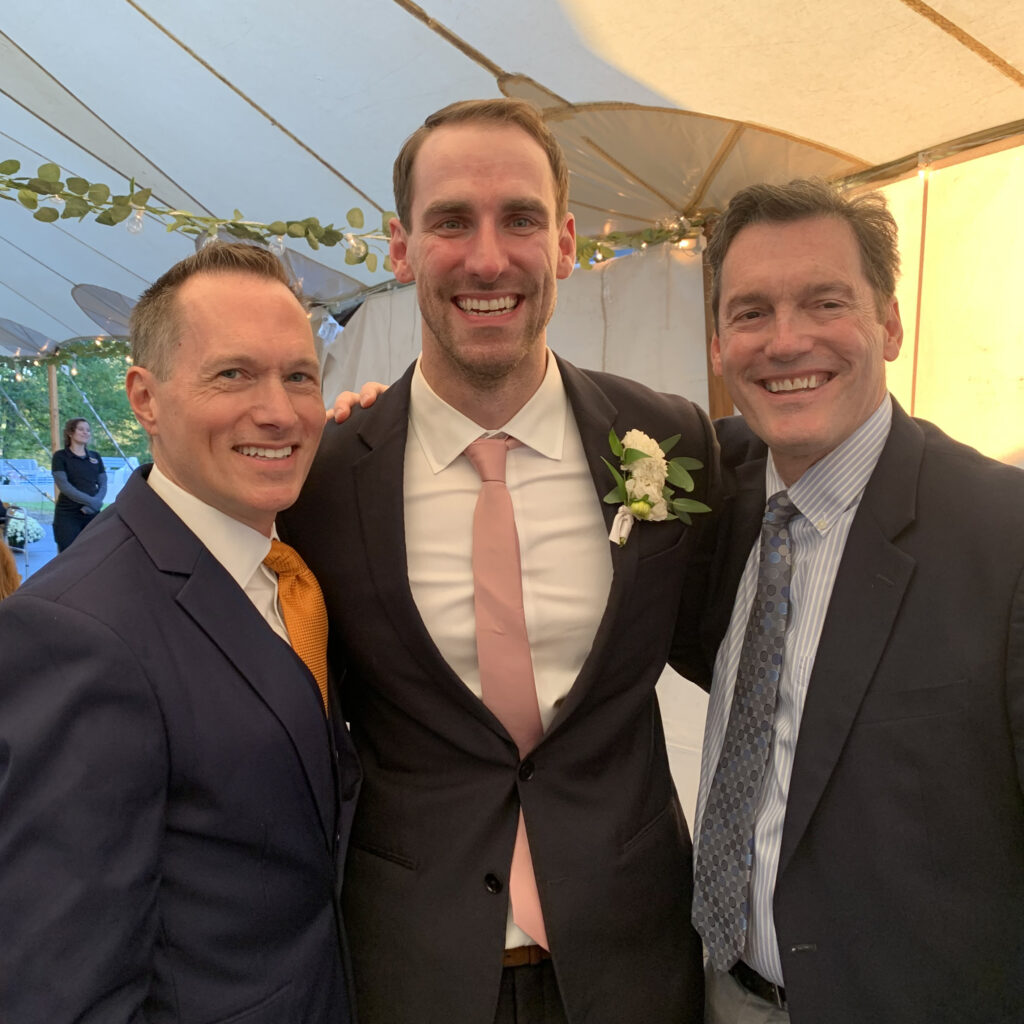
You have a couple of books published within the last couple of years. What was your inspiration and process for writing your own books?
Early on in my career, I tried to go the route of getting an editor and doing all of the traditional things to get published. I had a couple of opportunities and didn’t end up signing the deals. The money just wasn’t there. To be honest, I ended up getting kind of disillusioned and so then went and built a statistical database for the NCAA basketball tournament. I started to try to figure out what statistics foretell success in March Madness. I ended up connecting with ESPN and a guy named Joe Lunardi, who they call Joey Brackets. I wrote for ESPN for 10-15 years, had my own website called bracketscience.com and then ended up doing a little bit of work for CBS, doing some TV stuff. I kind of burned out on it. I finally realized it wasn’t the type of writing I wanted to do. I felt like I’d been spinning my wheels. I had all these ideas for short stories and novels, and I decided, ‘if I don’t do it now, I’m never going to do it. And I’m going to regret it.’ I started disciplining myself to write every day. I still do that. I try to write two hours a day on weeknights and then four hours a day on Saturday and Sunday. Through that process, I have been able to get three books done. I’v got another one in the can or at least close to being done.
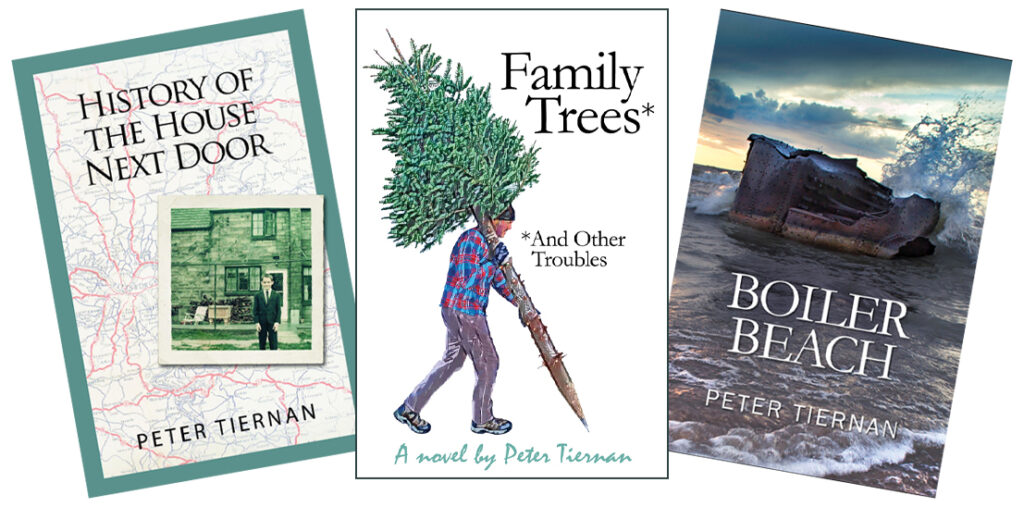
Quick takes
Anything about you that might surprise your colleagues?
Every year my wife and I watch every single Oscar-nominated movie. And I mean every single one. Not just best picture, but also best actress, best screenplay, best soundtrack… It ends up being more than 50 movies, and often substantially more because we have to anticipate what’s going to get nominated. Then we have a party with a red carpet and watch the Oscars. We invariably get disappointed with what gets picked.
One technology you could live without, and one you wish that the world would hurry up and invent?
I wish that I could live without my iPhone. And I’m waiting for a technology that could film what’s in my head and recapture my dreams. I wish I could be filming what I see both externally and internally.
Book, movie and TV show recommendations?
Books: “Demon Copperhead” by Barbara Kingsolver. “Catcher in the Rye” by JD Salinger is fantastic, as well as some of the other stuff he did. TV: “The Bear,” “The Great” and “Mad Men” (the latter for the third time). Movies: “Shawshank Redemption,” “Eternal Sunshine of the Spotless Mind,” “Moonlight,” “Banshees of Inisherin,” “Aftersun” and all the old 1970s disillusionment flicks.
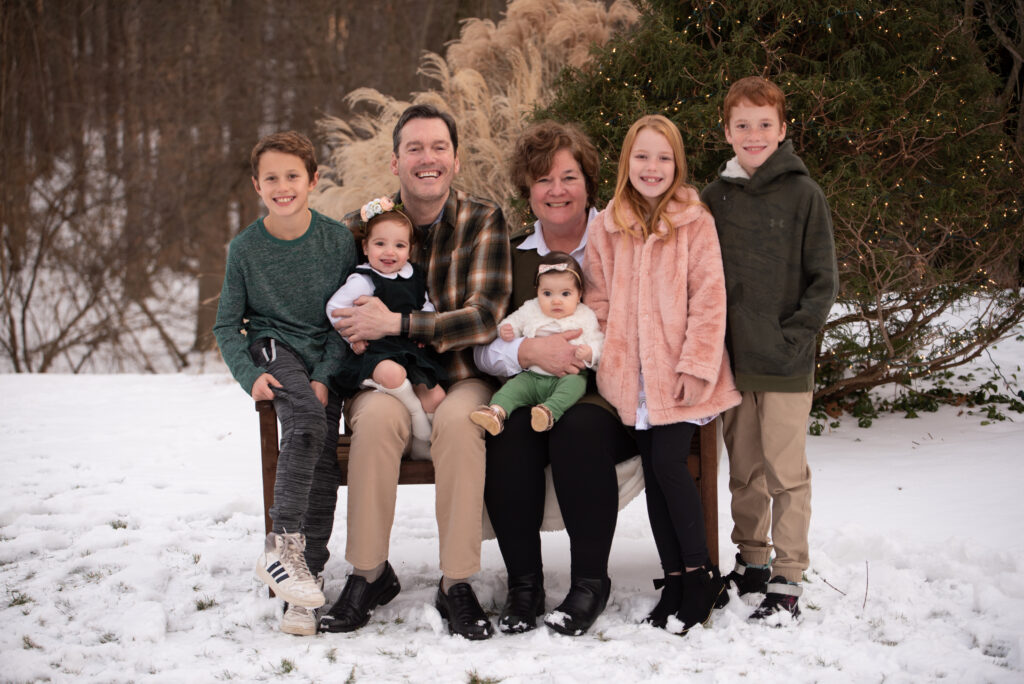
What’s your hidden talent?
My hidden talent is being a grandfather. I guess it’s my favorite talent.
If you could have dinner with three authors, living or dead, who would it be?
Cormac McCarthy, William Faulkner and Kurt Vonnegut.
“Boiler Beach” book excerpt
Wendy looked out across the huddle of boats and their dark masts to the unbroken horizon of Lake Huron. The lighthouse loomed above us, whirling its red beam into the night sky. The channel ran directly below the bridge, straight out into the lake, and between the piers that Audie’s giant gingerbread man once straddled. I felt like I was floating above the water. And only an hour ago, I was bracing to sink beneath it.
I thought of the gully by my cottage, and my ceaseless attempts to free that tiny stream there. Was that how this channel started? Surely, there was someone who first tended this river and its journey to the lake—the Penetangore; Ojibwe for “river with sand on one side”; who worried when it got backed up, jumped its banks, broke out on a new course. And just as certainly, there were those who came after, the more ambitious ones, the Newfields and Gartons, with grander visions and a wealth of industry—machines, ships, electricity, wind turbines, nuclear plants—who shaped the terrain, tamed the waters, and bent them to their will.
Of course, before all of this, there were the first people who came to these shores, those who knew this world wasn’t theirs, who humbly accepted what the land and the lake and the heavens provided, and whose humble requests were made through fervent prayers to great spirits, fantastical birds, and other gods with no human form. Then, like the Ojibwe, came the Mennonites, and they had their own god, but they knew as well not to conquer the land with machinery, but to nurture it with reverence.
And today, even on the cultivated shores of a flourishing cottage community, there are those, like Grant and, in her own quiet way, Sharon, who carry on that prayer, who yearn to restore this hallowed place to the wild paradise it once was. Meanwhile, stronger souls—the Carrie Sinclairs and Joan Duncans—rely on their own powers to escape, whether they’re blessed or cursed with them. And the weakest of us? We end up raging against our lost lives, like Audie once did with her art, or surrendering to it altogether, like I nearly did in the channel below. Like I would’ve had Wendy not graced me with her love.
Grace and disgrace. Faith and faithlessness. Hope, despair. Innocence, guilt; all alive and dead, at the same time, in the same place, within the same person. I was still that little boy who sat in the sand and could fathom nothing beyond wonder; and that lost teen, convinced that he alone was to blame for ruining this dreamland; and an old man whose time had passed, waiting out a fearsome judgment.
Hasn’t it always been this way? That band of hunters all those millennia ago, who crossed that natural bridge to a new land, dreaming of abundance…was there not a moment when each of them looked at the rising water, that narrowing spit, and asked themselves, “How close is the end?” And even as that moment came, were their children not beholding those same waters, pooling in hidden coves and tumbling down rocky heights, and marveling at a world with infinite possibility?
And on and on, and all the way to now. And why not beyond? Why not look ahead and dream? Why not imagine a child again—Cam and Chloe’s child—sitting in the sand, guileless and free, even as these successions of generations, living and dead, surround him, surrendering and surrendered to the gravity of this great forever falling world? Wave after wave after wave; cresting, crashing, reaching, returning, vanishing…
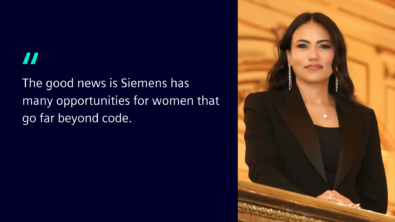
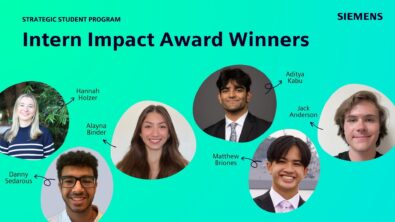
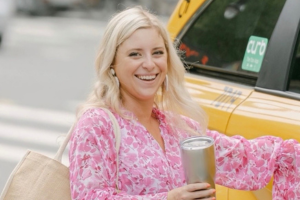
Loved it!